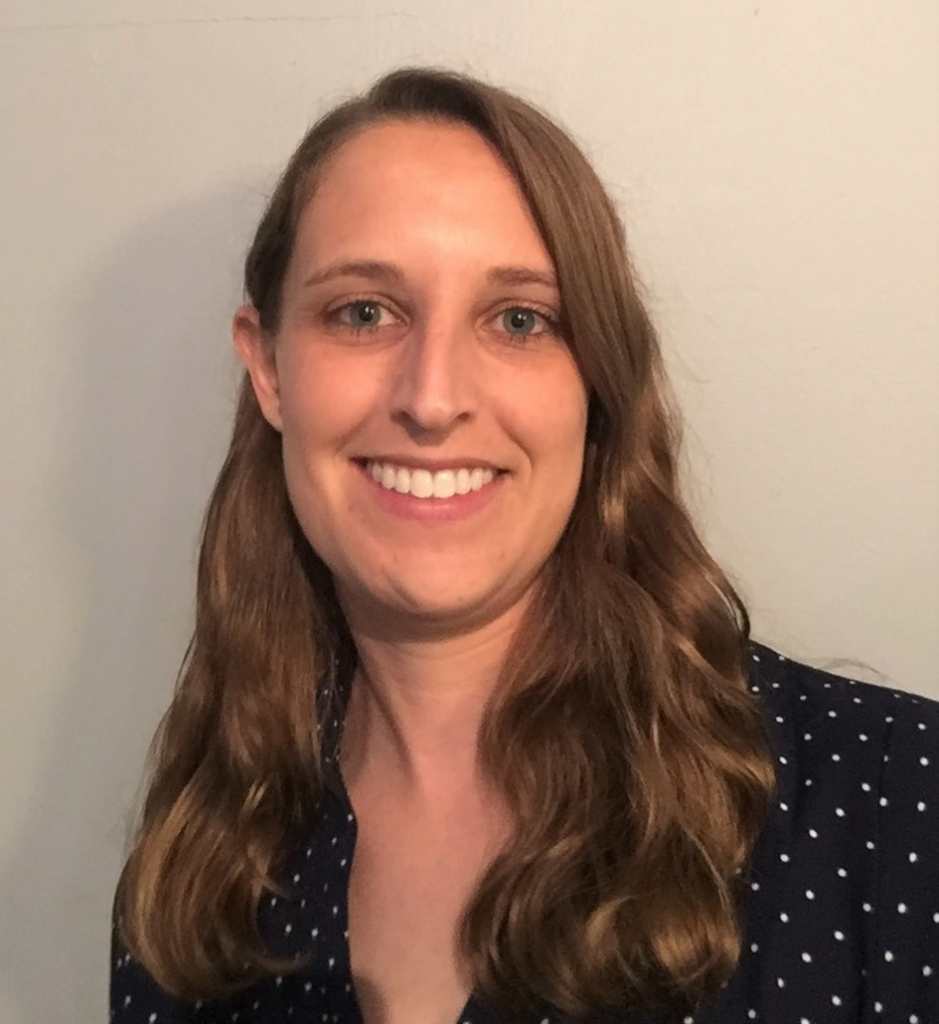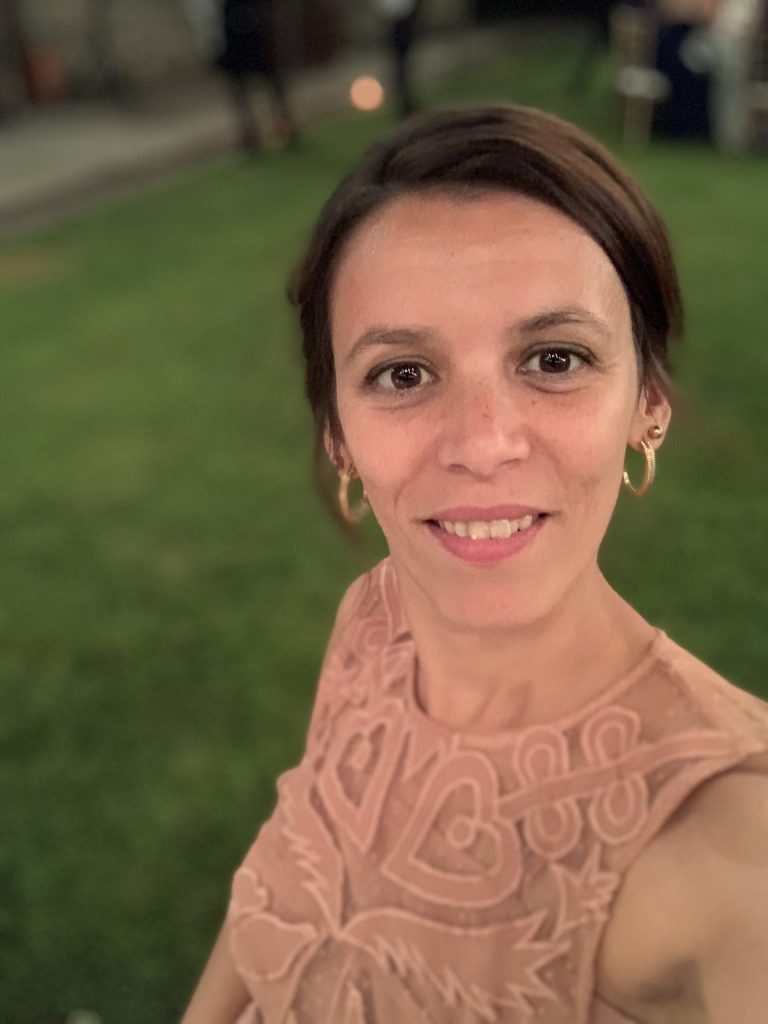At 1600 Oslo time, Lianne Tripp, University of Northern British Columbia, will present:
Overlooking the demographic data: COVID-19 in First Nations in Canada
Previous studies on Indigenous populations and COVID-19 have argued for the need to collect COVID-19 data on Indigenous populations because during times of pandemics they experience more severe health outcomes in relation to their non-Indigenous counterparts. Counterintuitively, studies have found that the COVID-19 rates for some countries (such as in Canada) are higher in non-Indigenous population than Indigenous populations. A re-examination of COVID-19 in Canada reveals misinterpretations and misrepresentations of the data. The failure to recognize that the Canadian COVID-19 data for Indigenous populations was collected for First Nations living on reserves only is one misinterpretation. By end of December 2020, the prevalence rates were higher in First Nations populations living on reserves than non-First Nations populations, and COVID-19 mortality rates in First Nations exceeded the rest of the country by the end of April 2021. There was also considerable regional variation in rates of COVID-19 among First Nations communities across the country, where in western Canada the highest rates were observed.
Dr Tripp is a medical anthropologist, whose research involves the areas of historical demography and epidemiology (infectious diseases). Emphasis is given to combining an empirical approach with a bio-cultural lens on demographic, primary health reports and qualitative information from historical records. Lianne’s publications have dealt with such matters as: colonial health; disease risk; bio-cultural dimensions of epidemics and pandemics; age and sex/gender differentials in disease experience; and health and religiosity. The diseases of focus are cholera, COVID-19, measles, 1918 pandemic influenza, tuberculosis, undulant fever, whooping cough, and yellow fever.





